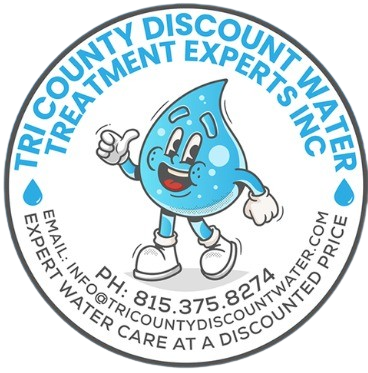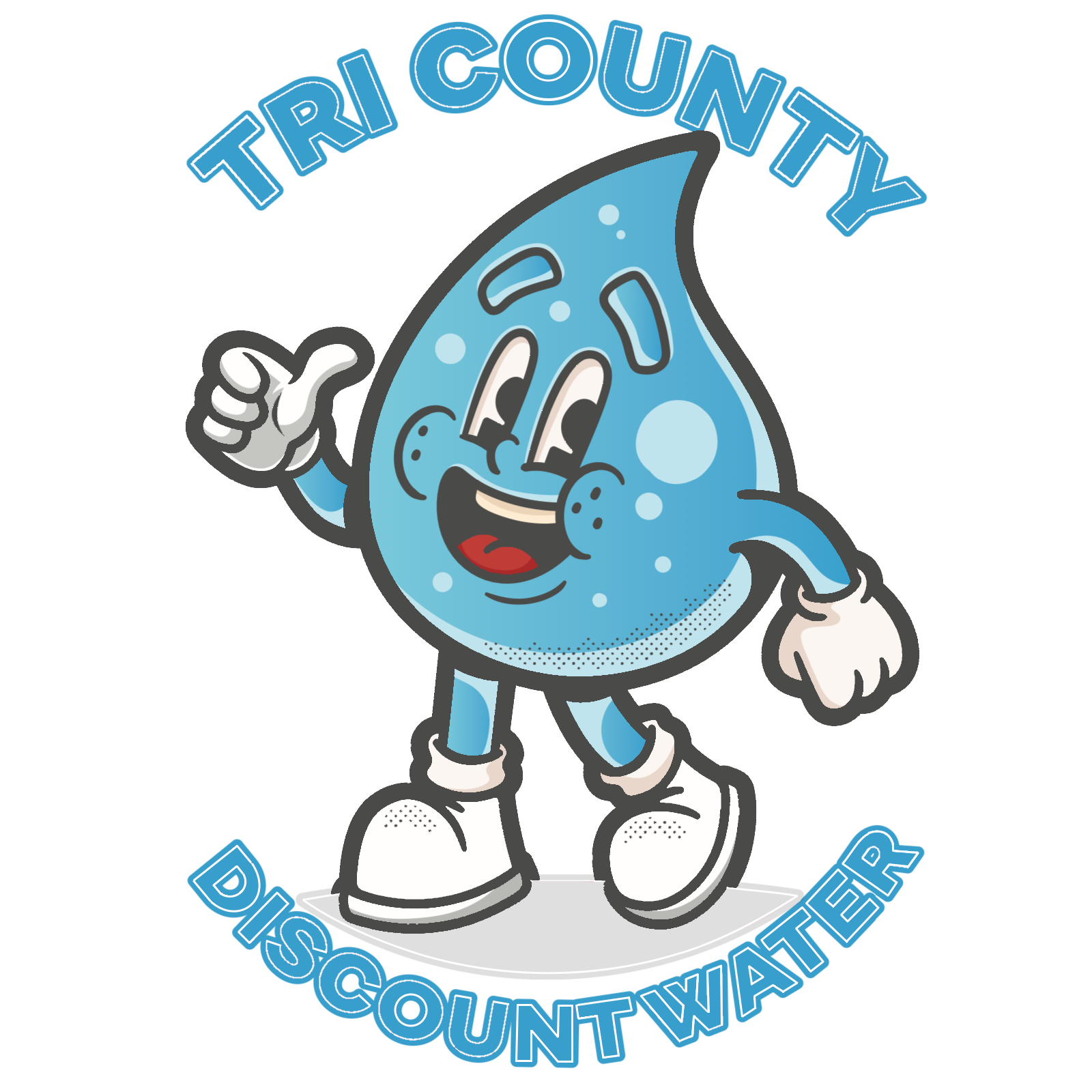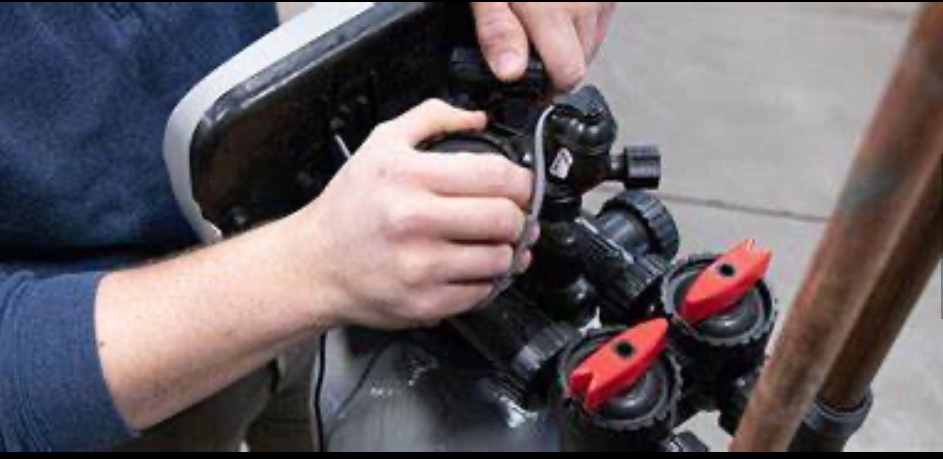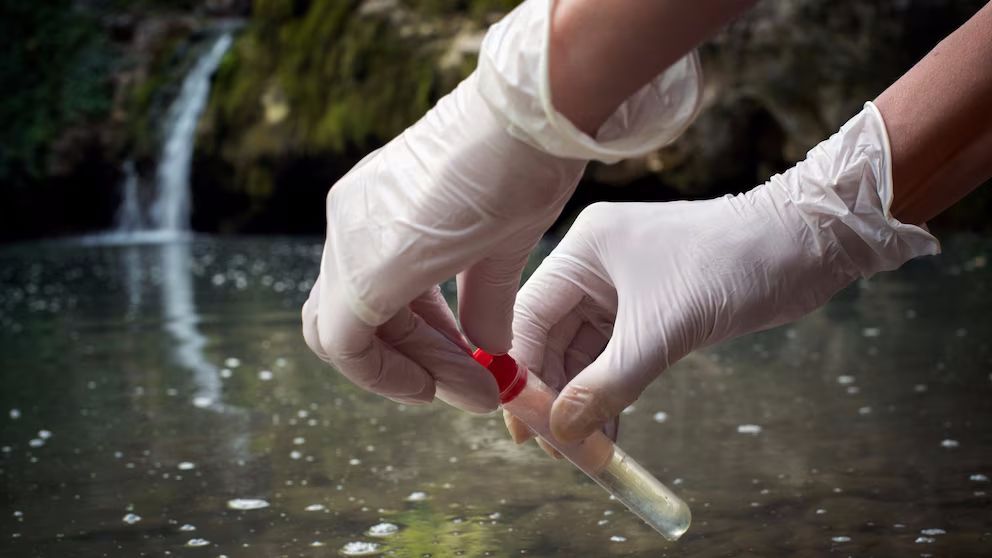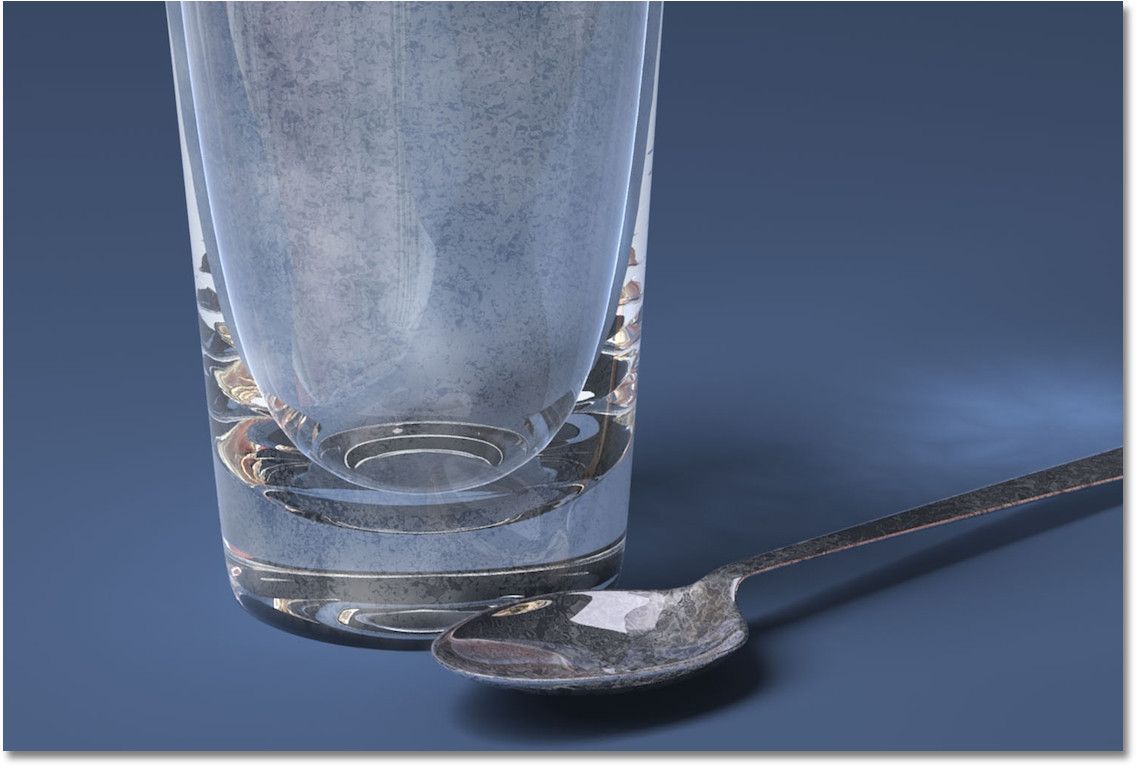Reverse Osmosis Water Filtering: Does Your Home Need It?
Understanding Reverse Osmosis Home Drinking Water Systems
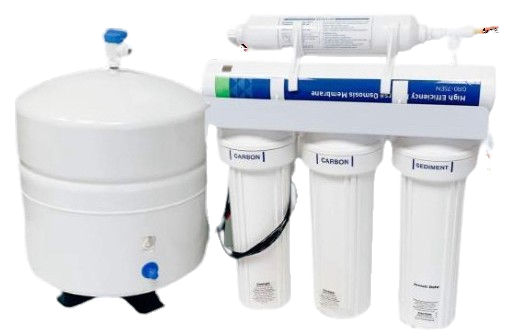
Ensuring the quality of your drinking water is crucial for maintaining good health and overall well-being. Reverse osmosis (RO) is a highly effective water purification process that provides some of the cleanest and safest drinking water available. This article explores what reverse osmosis is, how it works, why it is superior to other filtration methods, and the benefits of having an RO system installed in your home.
What is Reverse Osmosis?
Reverse osmosis is a water purification method that utilizes a semi-permeable membrane to remove contaminants, particles, and impurities from water. The process involves applying pressure to water on one side of the membrane, forcing it through the membrane while leaving contaminants behind. The result is high-quality, purified water that is ideal for drinking and cooking.
How Reverse Osmosis Works
- Pre-Filtration: The process begins with pre-filtration, which typically includes a sediment filter to remove larger particles like dirt and rust, and a carbon filter to remove chlorine and other chemicals that can affect the taste and odor of the water.
- Reverse Osmosis Membrane: The heart of the system, the RO membrane, removes a wide range of contaminants including heavy metals (like lead and arsenic), dissolved salts, nitrates, and other impurities.
- Post-Filtration: After passing through the RO membrane, the water goes through additional post-filters (usually carbon filters) to ensure any remaining taste or odor issues are addressed.
- Storage Tank: Purified water is stored in a tank until it is needed, ensuring a readily available supply.
- Final Polish Filter: Just before use, water may pass through a final polish filter to ensure optimal taste and purity.
Why Reverse Osmosis is Superior
Reverse osmosis systems are renowned for their ability to remove a broad spectrum of contaminants, making them superior to other filtration methods. Here’s why:
- Comprehensive Contaminant Removal: RO systems can remove up to 99% of contaminants, including heavy metals, chlorine, fluoride, nitrates, pesticides, and pharmaceuticals. This makes them even more effective than standard carbon filters, which only remove certain chemicals and impurities.
- Improved Taste and Odor: By removing chlorine, sediment, and other contaminants, RO systems significantly improve the taste and odor of drinking water.
- Health Benefits: Removing harmful substances like lead and nitrates from drinking water can prevent a variety of health issues, particularly for vulnerable populations such as children and pregnant women.
- Environmental Impact: Using an RO system can reduce the need for bottled water, decreasing plastic waste and the carbon footprint associated with the production and transportation of bottled water.
Does Your Home Need a Reverse Osmosis Water Filter System?
The unfortunate reality is that we can't always trust the quality of the water supplied to our homes, and the truth is until you've had your water tested by a professional like those here at Tri-County Discount Water Treatment Experts, you simply won't know what may be in your water.
According to an
enormous study of water quality test results of all water supply systems across the nation, published by the New York Times, water quality and purity can vary wildly and some results could be downright alarming. The residents of
this town in Northern Illinois, for example, might be surprised to learn that tests of their water system (the 6th largest in the entire state) showed 5 contaminants –
including lead and radium – with levels above legal limits, and another 4 contaminants –
including arsenic – at levels “below legal limits, but above health guidelines.”
In light of information like that, it’s no surprise why anyone would be interested in whole-home water treatment to ensure their and their family’s well-being. But with so many water filtration options out there, is reverse osmosis the right option for you?
Comparing Reverse Osmosis to Other Water Filter Systems
To understand the effectiveness of reverse osmosis, it's essential to compare it with other drinking water filtration systems like carbon, ceramic, and deionization filters.
Carbon Filter:
Activated carbon filters chemically bond with some pollutants as water passes through. They are commonly used and are a great choice for removing chlorine, lead, mercury, asbestos, and some other impurities. However, they do not effectively remove other inorganic contaminants like chromium, nitrates, perchlorate, fluoride, and arsenic. Bottom line: carbon filters are a good choice for many applications but don't address as many issues as premium RO systems such as ours do.
Ceramic Filter:
Ceramic filters use microscopic pores to stop solid wastes like sediment while allowing water to pass through. They can remove pathogenic bacteria, microbial cysts, and specific chemicals like chloroform and pesticides. However, they are not effective at removing many chemical pollutants.
Deionization Filter:
Deionization filters use ion-exchange resins to remove mineral salts from water. While effective at removing electrically charged molecules, they do not remove microorganisms like bacteria or non-ionic contaminants like trihalomethanes and VOCs and are not the ideal choice for whole-home water filtration.
Reverse Osmosis Filter:
Unlike other methods, reverse osmosis filters can remove a wide variety of contaminants, including arsenic, lead, chromium, nitrates, and perchlorate. While some RO systems might miss chlorine, trihalomethanes, and some other contaminants, ours includes a carbon component to handle these remaining pollutants, forming a comprehensive filtration system for the highest-quality drinking water.
Choosing a Reverse Osmosis Water Filtration System for Your Home
Here we'll take a look at some of the considerations to keep in mind when selecting an RO system, as well as answer a few frequently asked questions about reverse osmosis drinking water systems.
Efficiency Matters: Does a Reverse Osmosis Water Filter Waste Much?
It’s true that some of the water doesn’t make it to your taps because it’s too contaminated with toxins and other undesirables. However, this is only a small portion of water, and automatic processes are in place to reduce water wastage. A small amount of water remains behind to wash the discarded solutes away. This concentrated stream will either go to the drain or be recycled through your reverse osmosis water filter, helping save water and benefiting the environment. Typically, the efficiency of many RO systems produce a waste/product ratio of 3:1. The advanced RO systems we offer at Tri-County Discount Water Treatment Experts boast a far better and incredibly more economical 1:1 efficiency.
Look for NSF Certification
When choosing an RO system, look for NSF certification, which verifies that the product’s marketing claims have been independently verified. Additionally, check the specifics of each filter, such as how many gallons it can process before needing replacement. This ensures you get a filter that maintains its effectiveness over time. For example, our state-of-the-art TCRO-50 and TCRO-75 systems meet the strict ANSI/NSF 58 standards for contaminant reduction.
(Some) FAQ's about Reverse Osmosis Water Filters
Q: Is reverse osmosis water safe to drink?
A: Absolutely! Water filtered through a reverse osmosis system is among the safest you can drink. It often surpasses the safety standards of bottled water because it removes a wider range of contaminants, ensuring clean, pure water for you and your family.
Q: Is reverse osmosis “dead water?”
A: The term "dead water" refers to water that lacks all minerals, including beneficial trace minerals. Using a reverse osmosis filter does not create dead water. Regardless, the systems we offer still include an additional stage that reintroduces such beneficial trace minerals to provide you with the cleanest, healthiest water possible.
Conclusion
Reverse osmosis is an advanced and highly effective method for purifying drinking water. By understanding how RO systems work and the comprehensive benefits they offer, homeowners can make informed decisions about their water quality. Whether you're looking to improve the taste of your water, protect your family from contaminants, or reduce your environmental footprint, a reverse osmosis system is a reliable and efficient solution for ensuring high-quality drinking water in your home.
Sources:
The New York Times: Toxic Water Project Report - Rockford, Il
NSF.org: ANSI/NSF 58 Certification Information
NSF.org: Consumer Resource - Home Water Treatment
